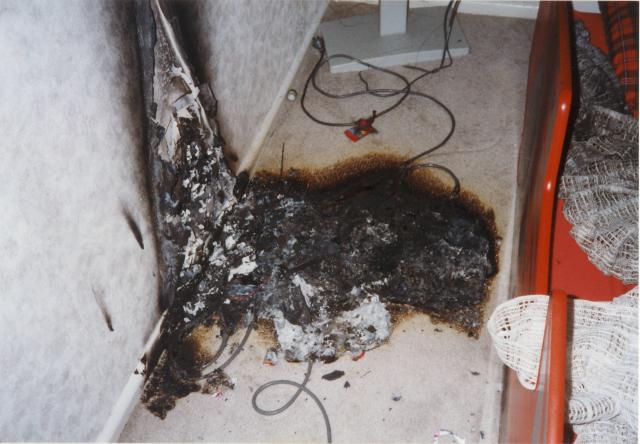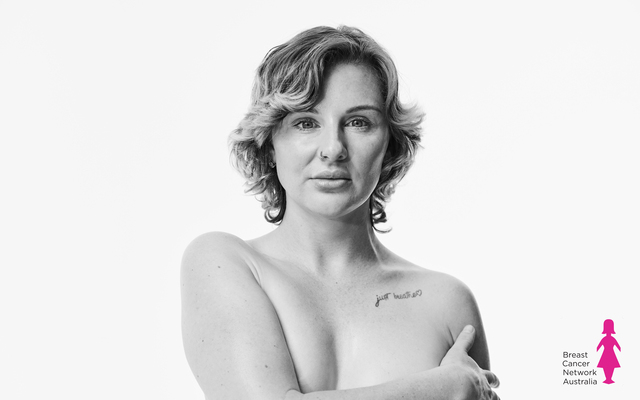Older people are struggling to cope with the increases in cost of living.
The National Seniors Social Survey (NSSS) found that 80 per cent of older people are feeling the impact of higher living costs. The research also revealed that the number of ‘severely’ impacted elders is expected to rise over the next 12 months.
“Health costs, energy prices and groceries are the three top worries. Housing affordability is also a concern, particularly in the long term,” reads part of the survey report.
The hardest hit groups are renters, low income households, people in their 50s, larger households and people in rural and remote areas.
Commenting on their survey outcomes, the National Seniors Australia chief advocate Ian Henschke said the results confirmed what they suspected.
“If you’re an older person renting or on a low income, you’re more likely to be hit hard by rising living costs,” he said.
“Older people in rural and remote areas, those in larger households (3-plus) and people in their 50s are more likely to be struggling.
The findings reinforce National Seniors’ federal budget call to index the age pension quarterly during times of high inflation.
“The age pension is adjusted twice a year in March and September. Rather than have pensioners wait six months, government should increase payments quarterly when inflation is high,” Mr Henschke said.
“Another key measure would be to exempt work income from the income test for all government payments, so recipients can work more without penalty.
“Simply let people work, pay tax, and get Centrelink out of the way. Increasing Commonwealth rent assistance would also help address rising cost-of-living pressures for those struggling the most.”







